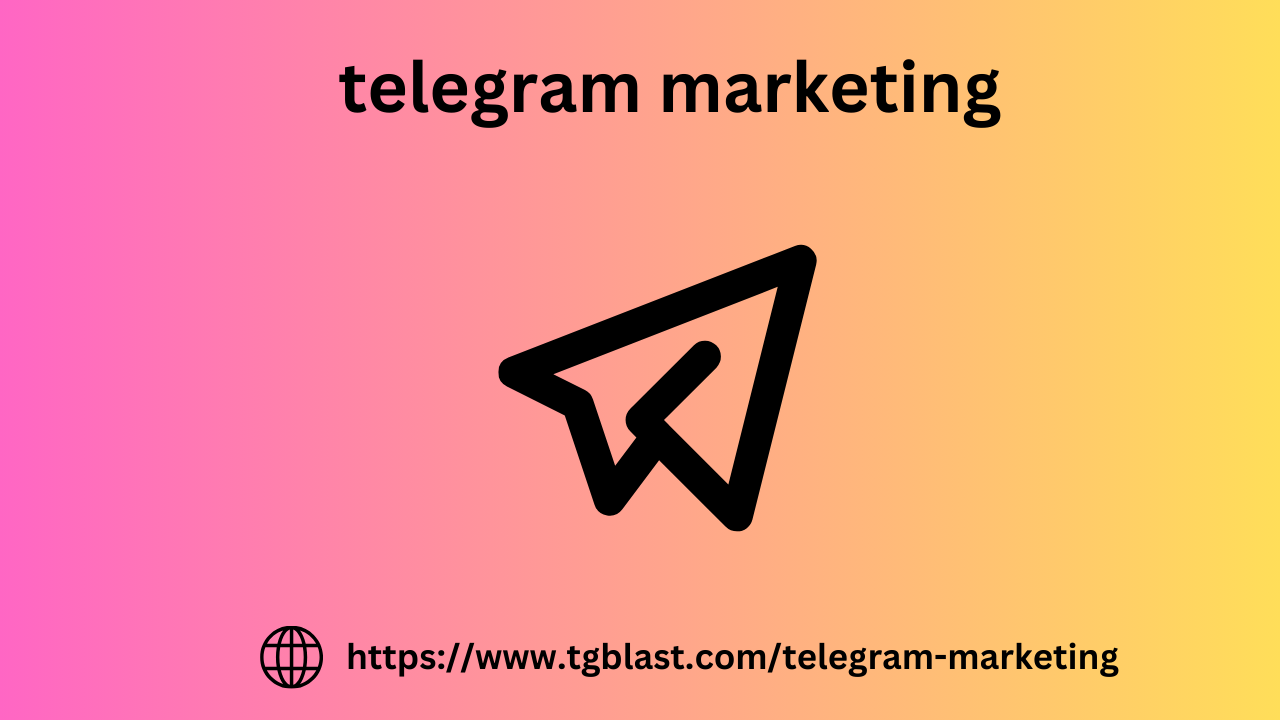Post by tanjilaakterjarin12 on Nov 14, 2024 5:10:40 GMT
While they can go hand in hand, since listening to your audience gives you the opportunity to interact with them, they involve different practices. Let's say that monitoring involves interaction , while social listening is the gathering of information. This is an excellent question and we are glad you asked it. Planning your marketing strategies without knowing what your audience is saying and/or thinking about you is like crossing a highway blindfolded. You might get there, you might not… That's why it's important to know what your potential customers have to say about you.
Knowing where your weak and strong points are in telegram marketing their eyes can help you improve. 1. You understand your audience Social media listening helps you better understand what your audience wants from your brand. For example, a customer might tweet about how much they love your product. Or, you might spot a conversation where a group of people are looking for solutions that your product or service could provide, but aren’t doing it yet. In both cases, you can use this valuable feedback to improve your offering and make your customers happier.

Would you like to see an example of this? Look for @spotifycares on Twitter, an account on the social network that listens and interacts with users who have questions, but also with those who offer advice for future updates to the application. 2. You build relationships and acquire customers Not talking to strangers works well when you're a kid, but on social media, having a company and/or brand answer a question to resolve a problem is more effective than an aggressive sales attempt. Remember that social listening is a means to uncover potential questions that users or your target audience have about your brand or company, not a channel to offer a sale.
Knowing where your weak and strong points are in telegram marketing their eyes can help you improve. 1. You understand your audience Social media listening helps you better understand what your audience wants from your brand. For example, a customer might tweet about how much they love your product. Or, you might spot a conversation where a group of people are looking for solutions that your product or service could provide, but aren’t doing it yet. In both cases, you can use this valuable feedback to improve your offering and make your customers happier.

Would you like to see an example of this? Look for @spotifycares on Twitter, an account on the social network that listens and interacts with users who have questions, but also with those who offer advice for future updates to the application. 2. You build relationships and acquire customers Not talking to strangers works well when you're a kid, but on social media, having a company and/or brand answer a question to resolve a problem is more effective than an aggressive sales attempt. Remember that social listening is a means to uncover potential questions that users or your target audience have about your brand or company, not a channel to offer a sale.

